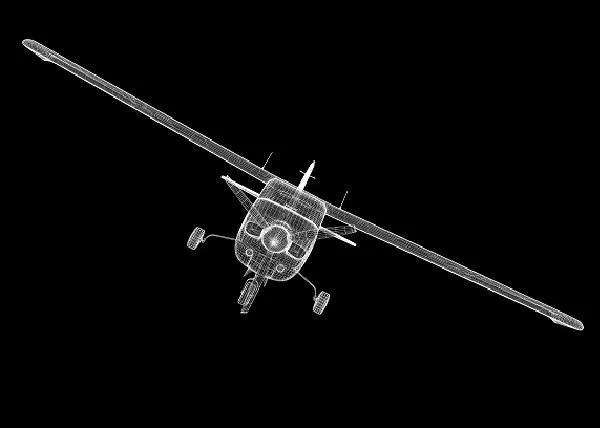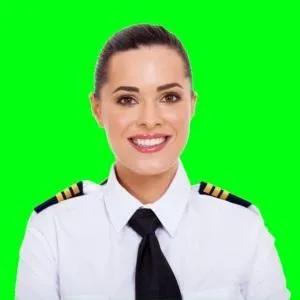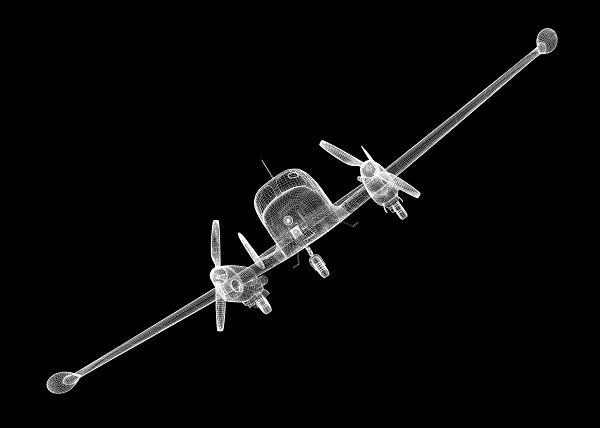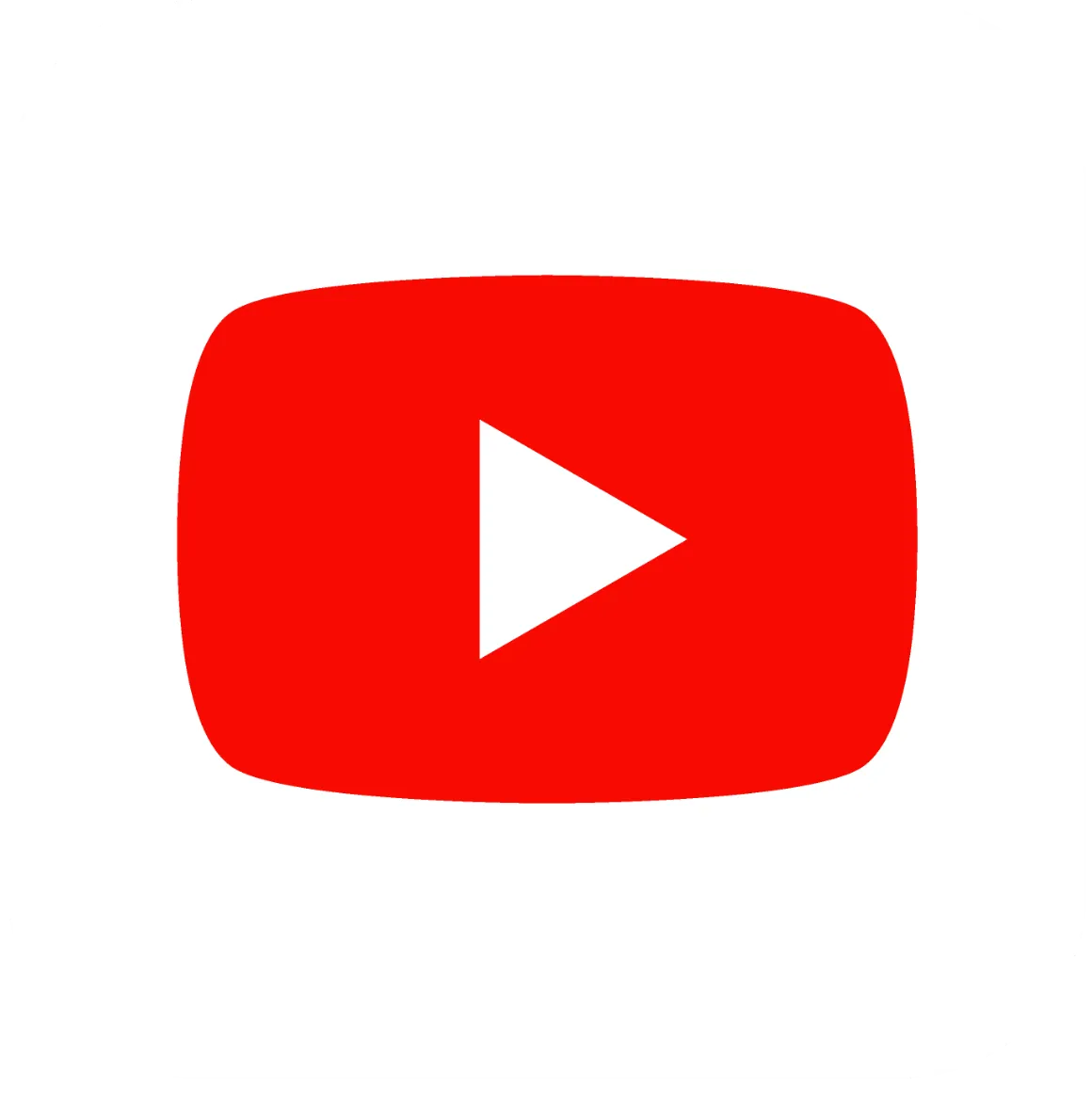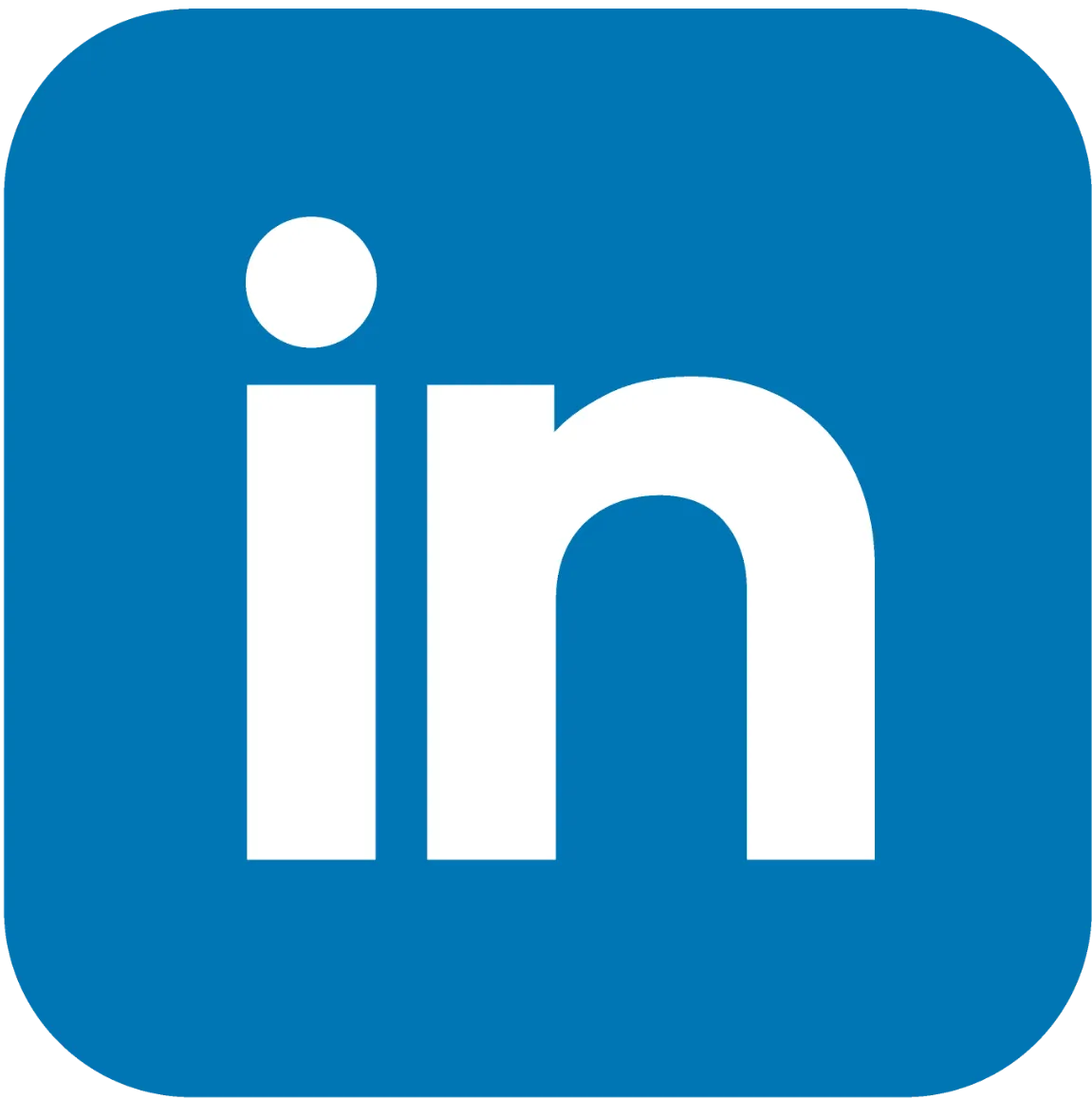PILOT
CAREER
PATH
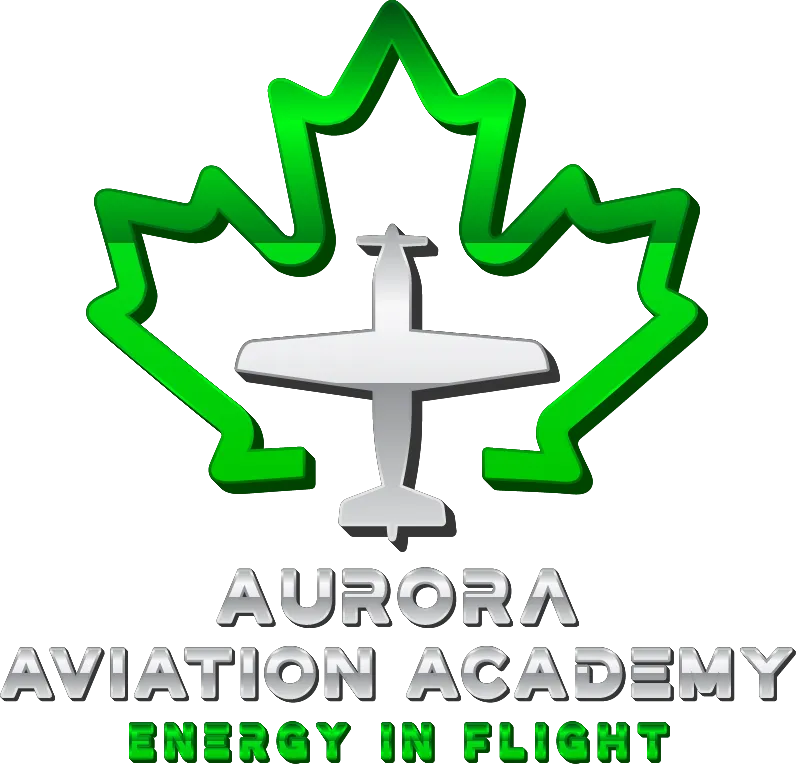
PILOT CAREER PATH
The Path to a Professional Pilot Career is not Complicated, but has a number of Steps:
Step 1 - Private Pilot Licence (PPL)
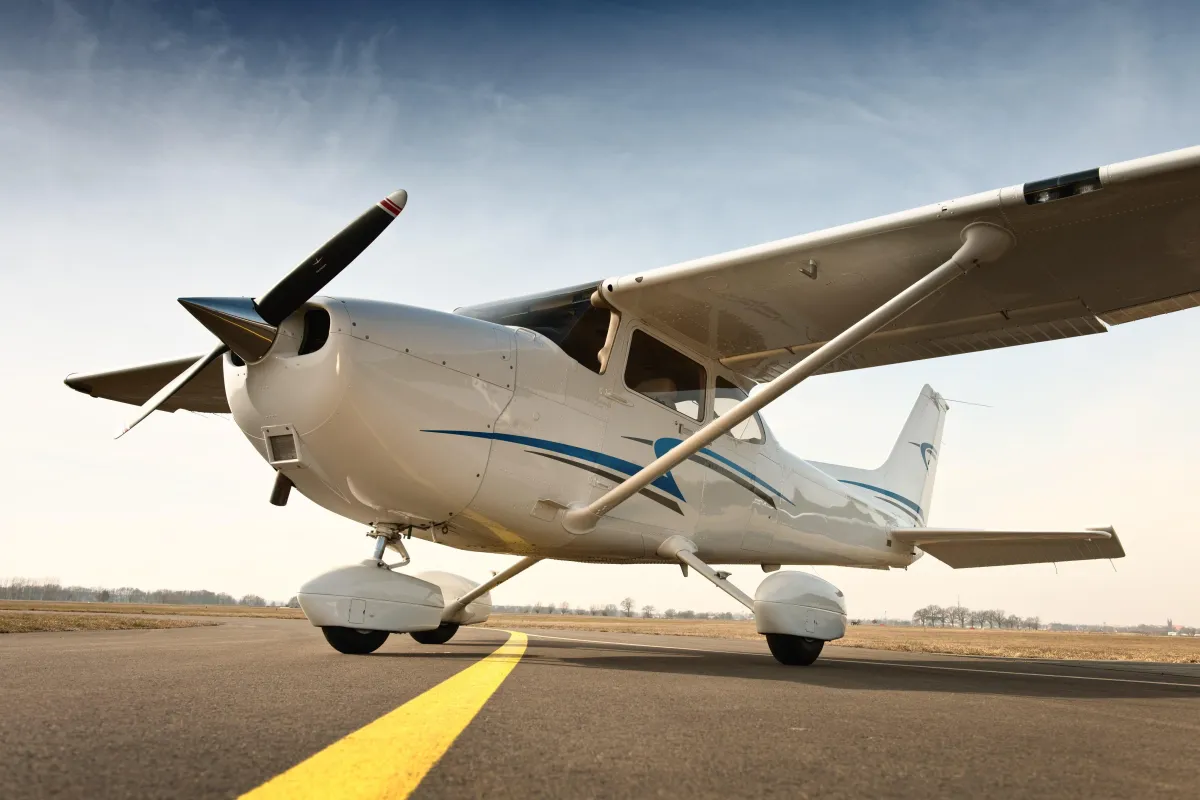
In order to begin any Commercial Pilot Training Program, you must first obtain your PRIVATE PILOT LICENCE (PPL).
Your PPL can be completed in a little as 5 weeks, if you train on a full-time basis.
You should budget between $14,000 and $17,000 CAD for your Private Pilot Licence.
Step 2 - Commercial Pilot Licence (CPL)
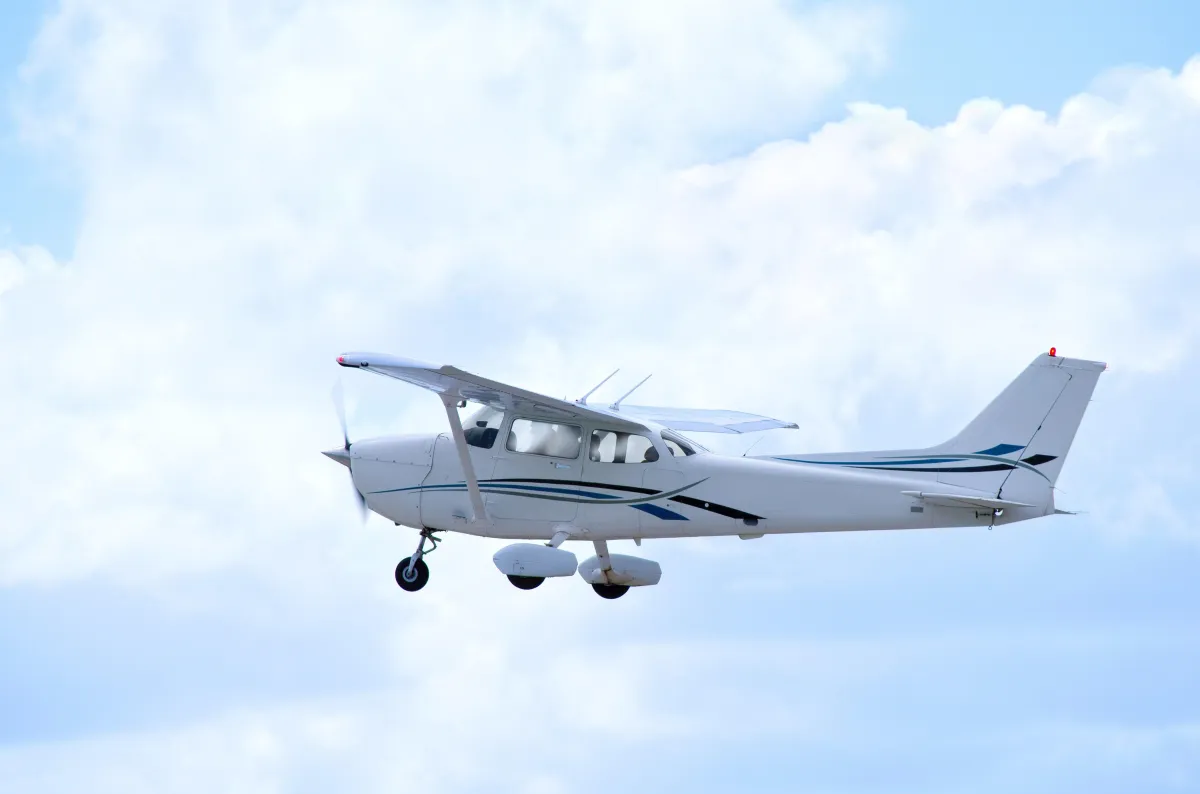
Once you have your Private Pilot Licence (PPL), you can then enroll in a Commercial Pilot Training Program. When this program is complete, you will have earned your COMMERCIAL PILOT LICENCE (CPL).
Your CPL can be completed in a little as 5 months, if you train on a full-time basis.
You should budget approximately $40,000 CAD for your Commercial Pilot Licence.
Step 3 - Multi-Engine Rating
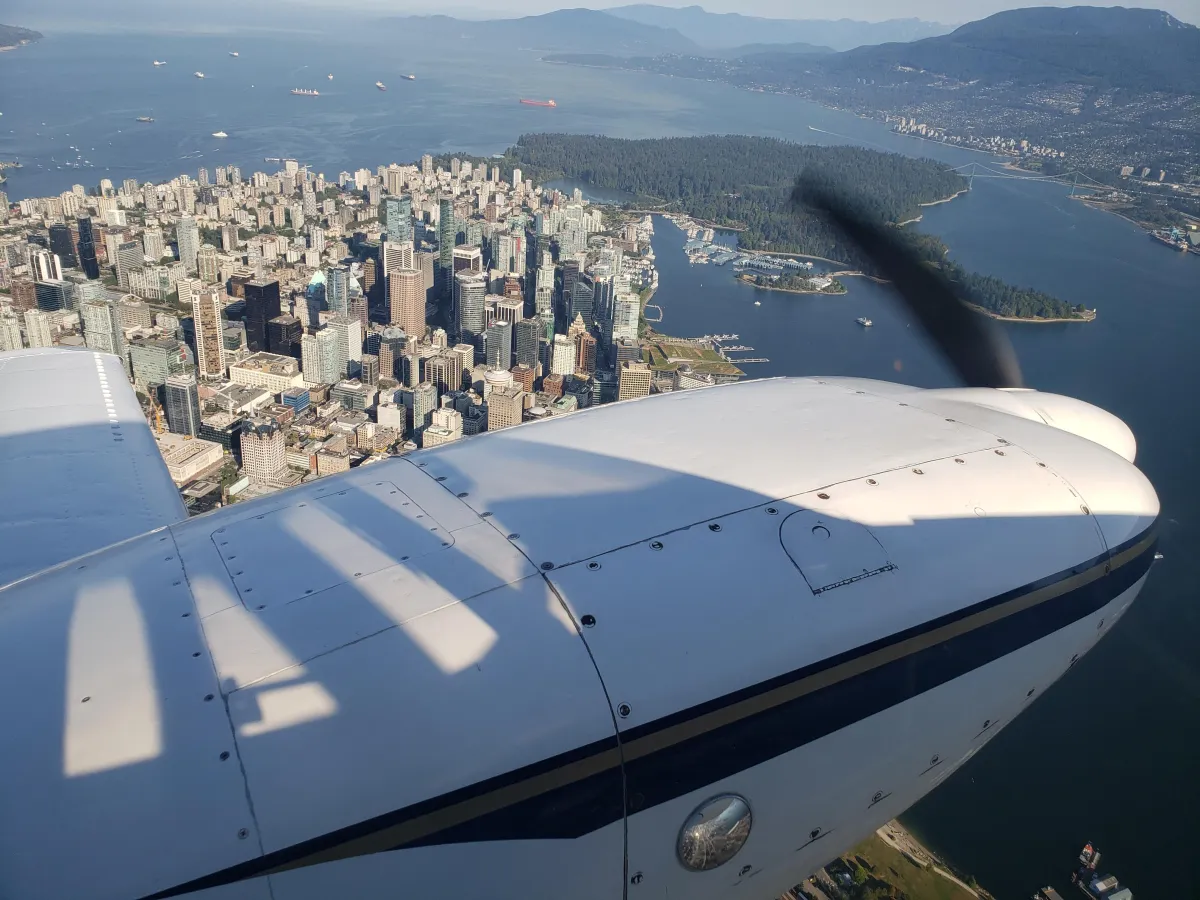
Once you have completed your Commercial Pilot Licence (CPL) Program, you will need to build an additional 50 hours, in order to meet the 250 hour requirement to obtain your CPL.
The best use of your training dollars and time, will be to use this flight time to acquire the Advanced Ratings that you will need in order to qualify for future employment opportunities. These ratings include the Multi-Engine Rating, which allows you to fly airplanes with more than one engine, and the Instrument Rating, which allows you to operate an aircraft in Instrument Flight Rules (IFR) conditions, which greatly increases your ability to conduct flights in most weather conditions.
Because the Instrument Rating comes in both single-engine and multi-engine versions, the most efficient use of your training dollars will be to obtain the Multi-Engine Rating first, so that when you obtain your Instrument Rating, it will cover both single and multi-engine aircraft.
Step 4 - Instrument Rating (IFR)
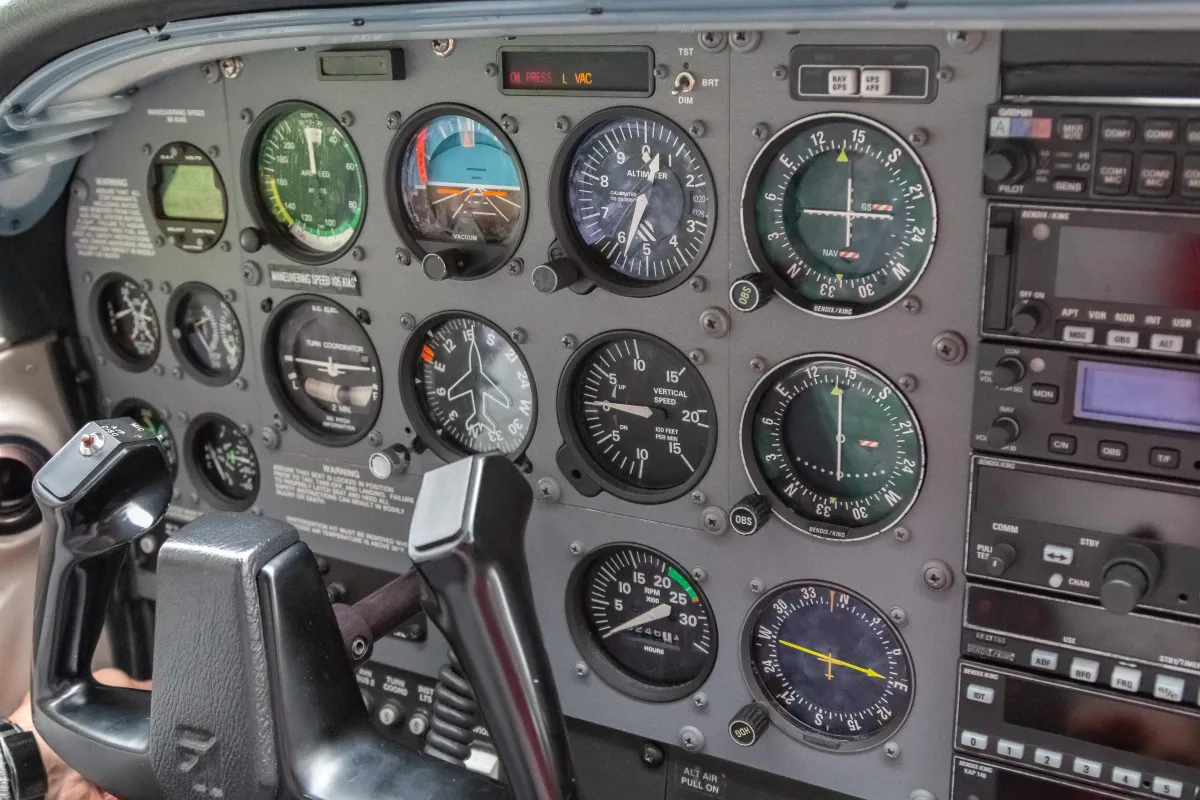
Once you have completed your Multi-Engine Rating, your next step will be to complete your Instrument Rating - Multi-Engine ("Multi-IFR"), which will allow you to conduct flights when the weather does not meet the requirements of the Visual Flight Rules (VFR).
Your Multi-Engine Instrument Rating will be a basic requirement to successfully apply to Commercial Air Operators and the Airlines.
Step 5 - Instructor Rating
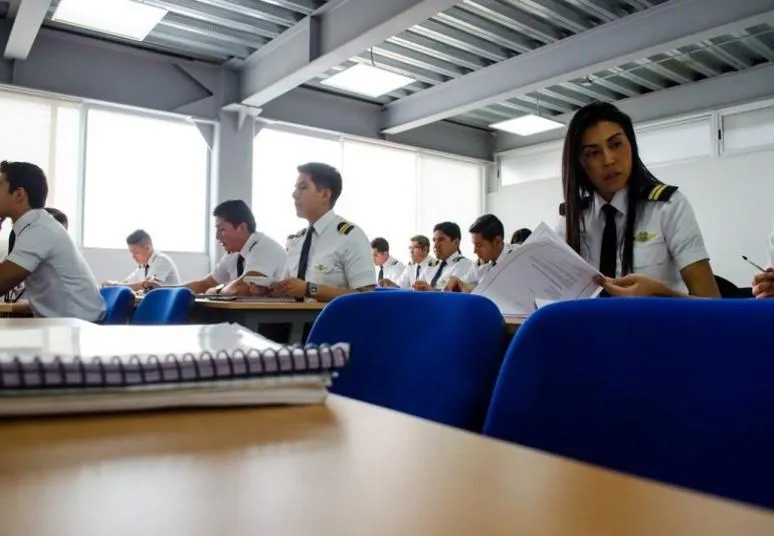
Now that you have completed your Commercial Pilot training, and used your "time-building" to obtain your Advanced Ratings, your next step is to obtain your Instructor Rating. You must have your Commercial Pilot Licence (CPL) in order to enroll in an Instructor Rating program.
Upon successful completion of your Instructor Rating, you will become a Class 4 Flight Instructor, qualified to be hired by a Flight Training Unit (FTU), under the supervision of a Class 2 or Class 1 Flight Instructor.
Step 6 - Gain Experience & Flight Hours
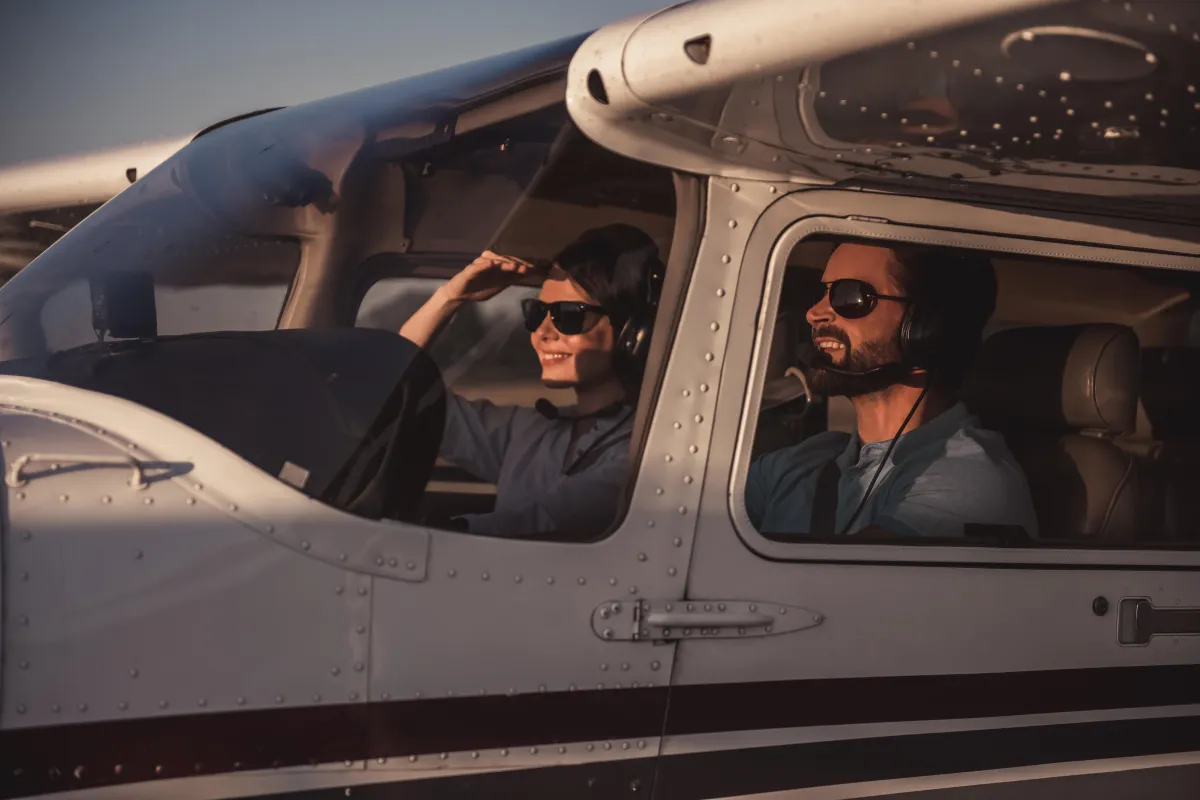
Working as a Flight Instructor is your best opportunity to gain the experience and flight hours required to meet the entry requirements for Commercial Air Operators and the Airlines. You will be getting paid to fly!
NOTE: Aurora Aviation Academy hires from our Students!
If you are fortunate enough to be hired as an Instructor at a high quality FTU, with high professional standards and well developed Quality & Safety Management Systems (QMS & SMS), you will be working with and learning from those who can "show you the way" and help you to develop excellent habits and procedures which will serve you extremely well when going on to fly in a professional Commercial Air Operator or Airline setting.
In fact, if those employers know and respect the FTU that you are working with, this can dramatically increase your odds of being hired by your ideal employer.
Aurora Aviation Academy is happy to offer employment to our most suitable successful Instructor Rating Students!
Step 7 - Apply to the Airlines!
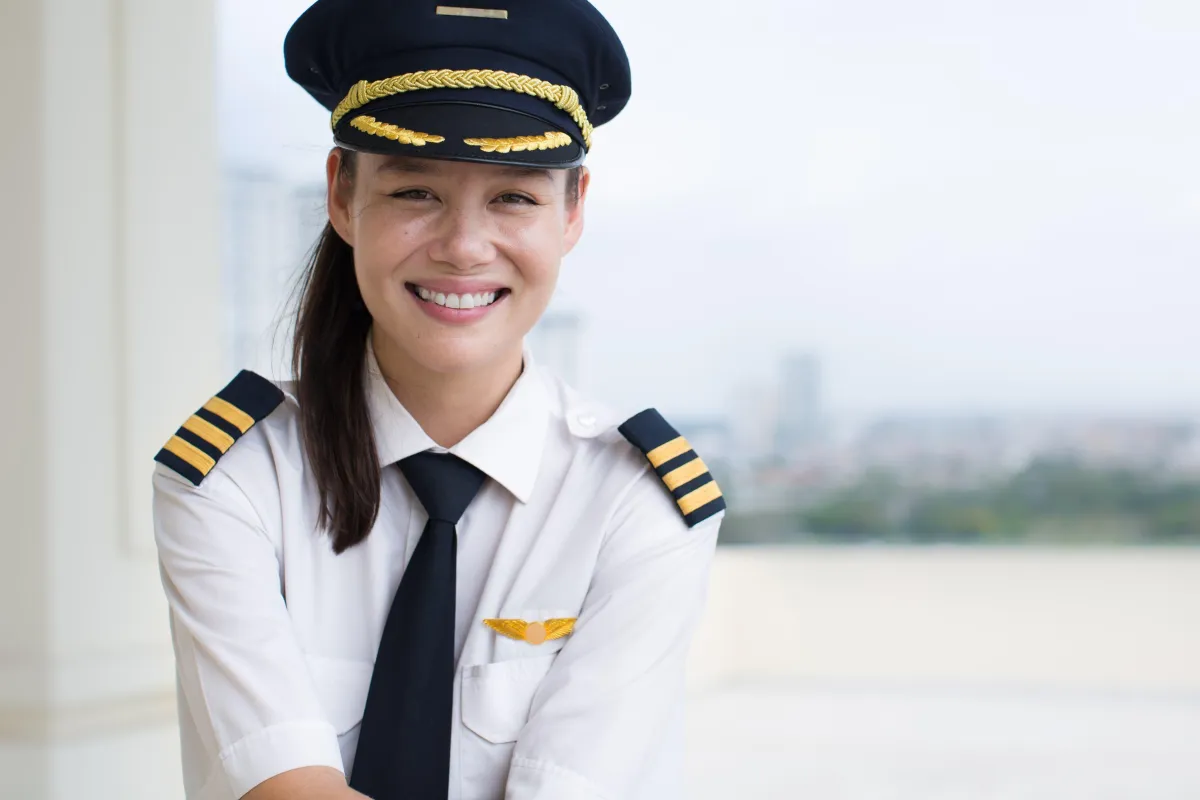
While you are working as a Flight Instructor, you are building experience, hours and relationships with people that will impact your future success as a Professional Pilot.
It sometimes happens that a Student that you train, goes on to become a Chief Pilot that you end up working for at an Airline, or a colleague sharing a cockpit with you!
The relationships you make may become your Aviation Network, giving you an early lead on job opportunities, a source of great references, etc. Everyone you meet during your time as an Instructor is someone that may be able to help you later on in your career, including your Supervisor, your Co-Workers and your Students.
Aurora Aviation Academy will support you in your efforts to make application to future employers, and will provide you with advanced training opportunities as you transition from Class 4, to Class 3, Class 2 and beyond, should you remain as a Flight Instructor for an extended period. Our Class 2 Instructors are invited to take part in Multi-Engine & Instrument Training opportunities.
Step 8 - Off You Go!
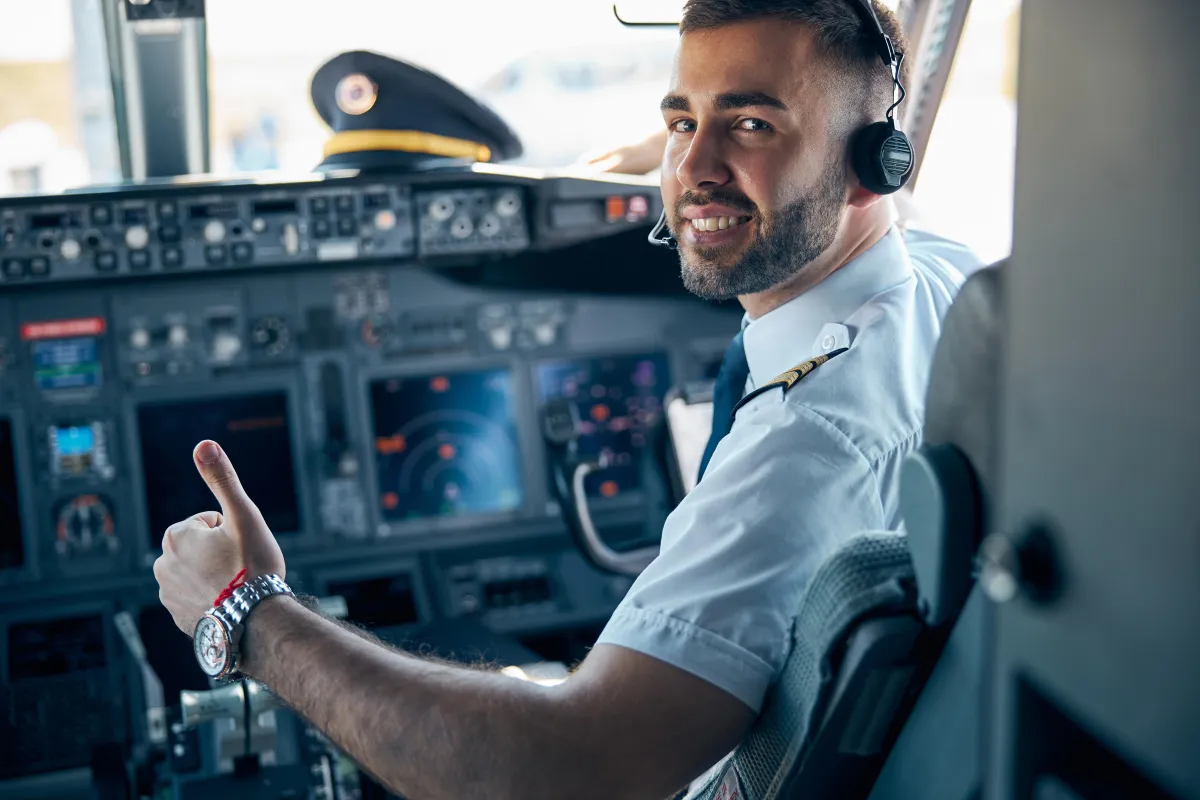
Usually within 12 to 18 months of becoming a Flight Instructor, you can expect to begin receiving offers of employment from Commercial Air Operators and smaller Regional Airlines.
This is what you have been working and waiting for!
We can help you evaluate your opportunities, if you wish, and we will be here to celebrate with you as you transition from our Team to your next Career destination!
Your success is our success! We are in the business of helping you achieve your Aviation Dreams!
Once you are launched, we would love to hear from you and capture your stories of success, to share with our future Students!
Typical Regional Airline Hiring Requirements:
500 hours total time with 100 hours of multi-engine experience.
Must be legally entitled to work in Canada (either a citizen or permanent resident).
All applicants shall be licensed by Transport Canada to act as First Officers on 705 category aircraft.
Preference will be given to candidates with qualifications beyond the basic requirements:
Applicants who possess a Canadian ATPL.
Applicants with two crew multi-engine turbine experience.
Graduates from an Aviation College degree or DIPLOMA program.
Applicants with commercial or military flight experience.
Applicants with Flight Management System (FMS) and/or glass cockpit experience.

Contact Information
Mail us at:
6200 Tronson Road
Vernon, BC, Canada, V1H 1N5
Follow us on Social Media

2024 Copyright. All rights reserved.


